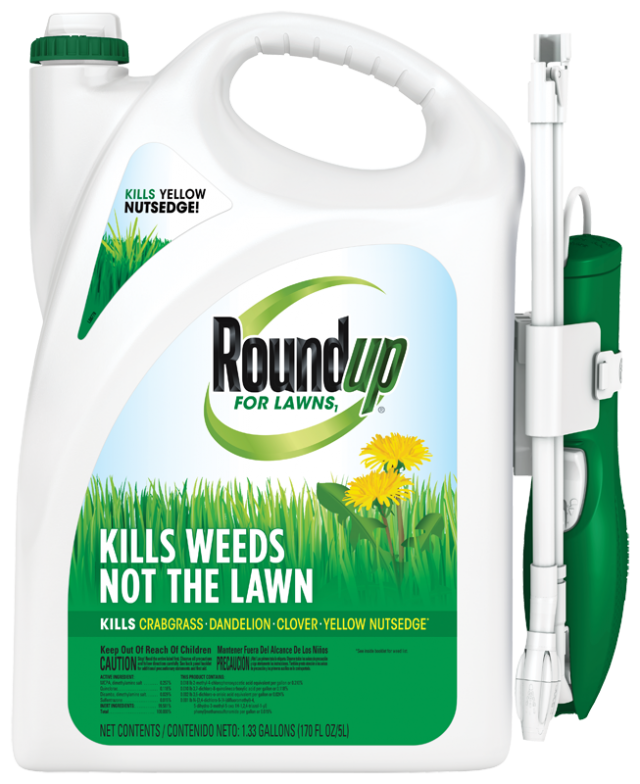Global chemical giant Bayer announced July 29 that it was removing products containing glyphosate, including Roundup, from lawn and garden markets, as it had earlier hinted it might do. In a statement Bayer said, “There will be no change in the availability of the company’s glyphosate formulations in the U.S. professional and agricultural markets.”
The lawn and garden removal is part of its plan to manage possible future litigation, the company said, and not an admission of liability.
Bayer has been beset with lawsuits alleging that Roundup causes non-Hodgkins lymphoma, with 95% of them coming from users in the lawn and garden market. While Bayer continues to dispute that claim and cites conflicting scientific reports, it has sought to put the litigation behind it ever since it bought Monsanto in 2018 for $63 billion. The company has had a comprehensive $11 billion settlement proposal rejected by the judge overseeing Roundup litigation.
Bayer sketched out two scenarios toward a “path to closure,” based on how the Supreme Court might rule on the bellwether Hardeman v. Monsanto case, which has been wending its way through the courts since 2016. Hardeman, a groundskeeper, alleges his non-Hodgkins lymphoma was caused by exposure to Roundup. He was awarded an $80 million judgment in 2019, but that was later reduced to $20 million, a verdict he is appealing.
The Bayer update said the company has good hopes the lawsuit could be derailed by a Supreme Court ruling on grounds of federal pre-emption. But if the court rules for Hardeman, the company said it is ready to set aside $4.5 billion to settle all claims.
“We want to provide comfort to our investors that the glyphosate litigation exposure should now be reasonably accounted for and leaves significant upside in the event of a favorable Supreme Court decision on the case. It is important for the company, our owners, and our customers that we move on and put the uncertainty and ambiguity related to the glyphosate litigation behind us,” the company said.
Bayer has not abandoned its efforts to sway public opinion on the safety of Roundup, which was a feature of its settlement proposal. It pledged to “engage in discussions with EPA about Roundup labels with the goal of providing more information to users about the science as an additional element towards ensuring even more informed purchasing and application decisions. It will also set up a new website with scientific studies relevant to Roundup’s safety that will provide even more transparency to purchasers about the products they use.”
It said the website would be launched by the end of this year.
David Murray can be reached at [email protected].



